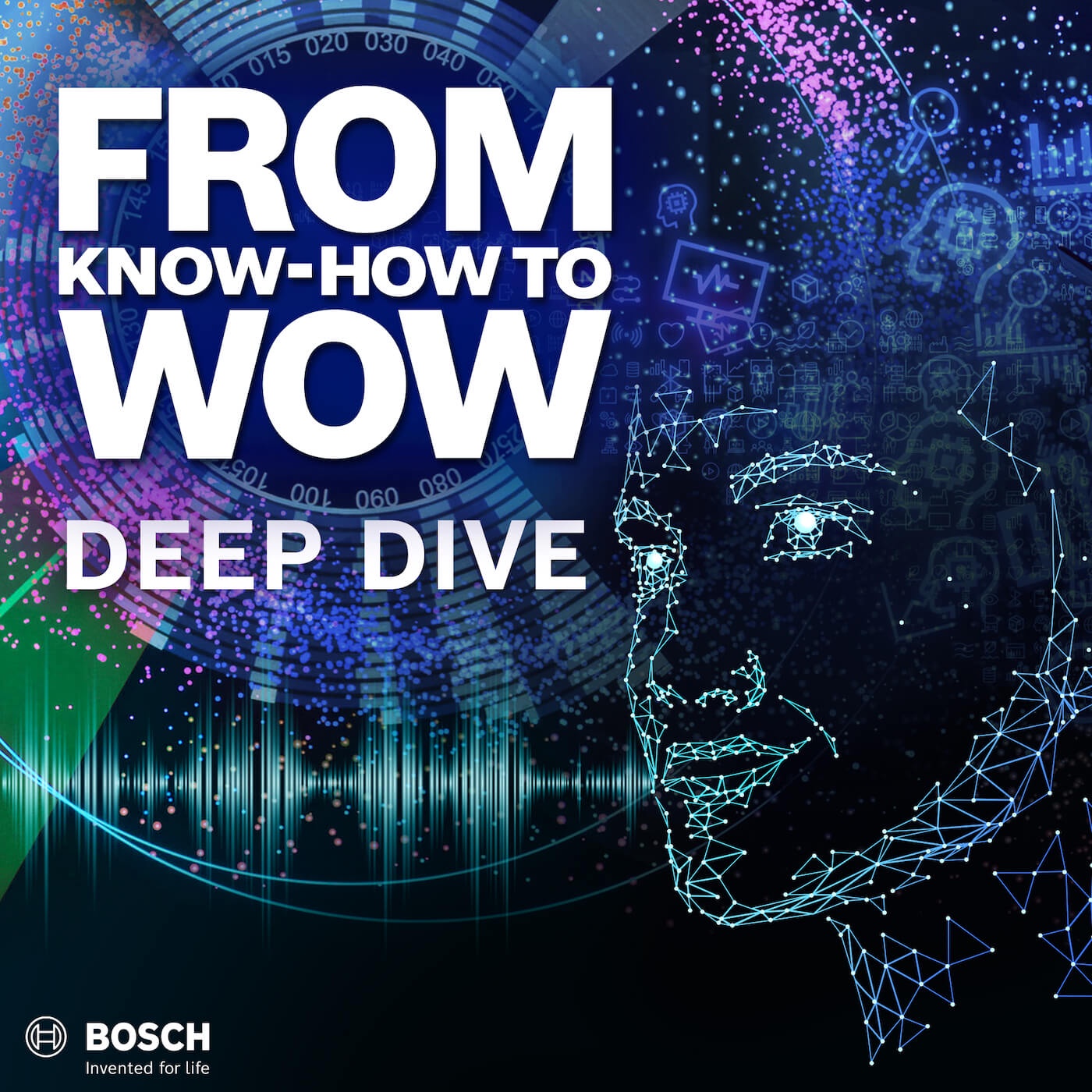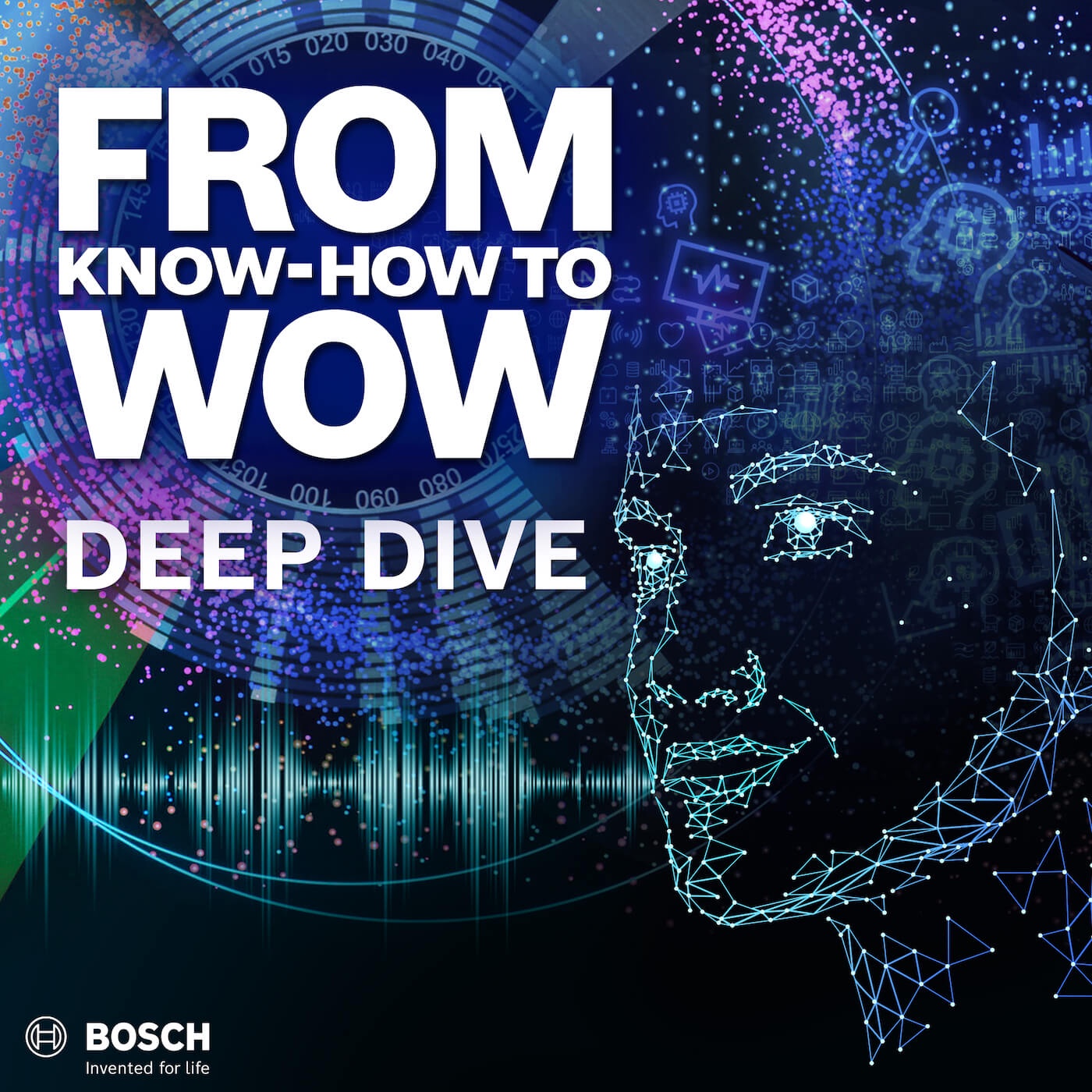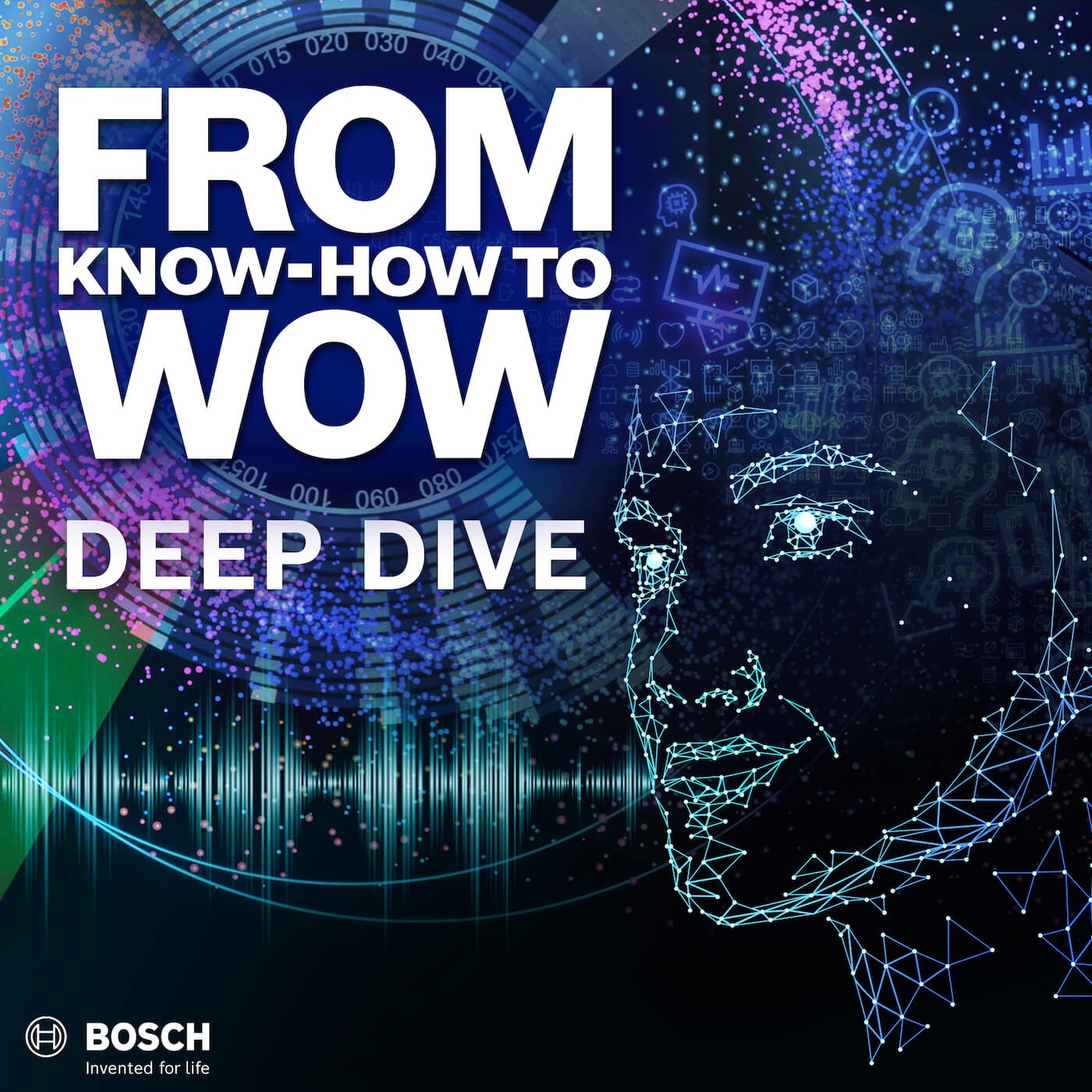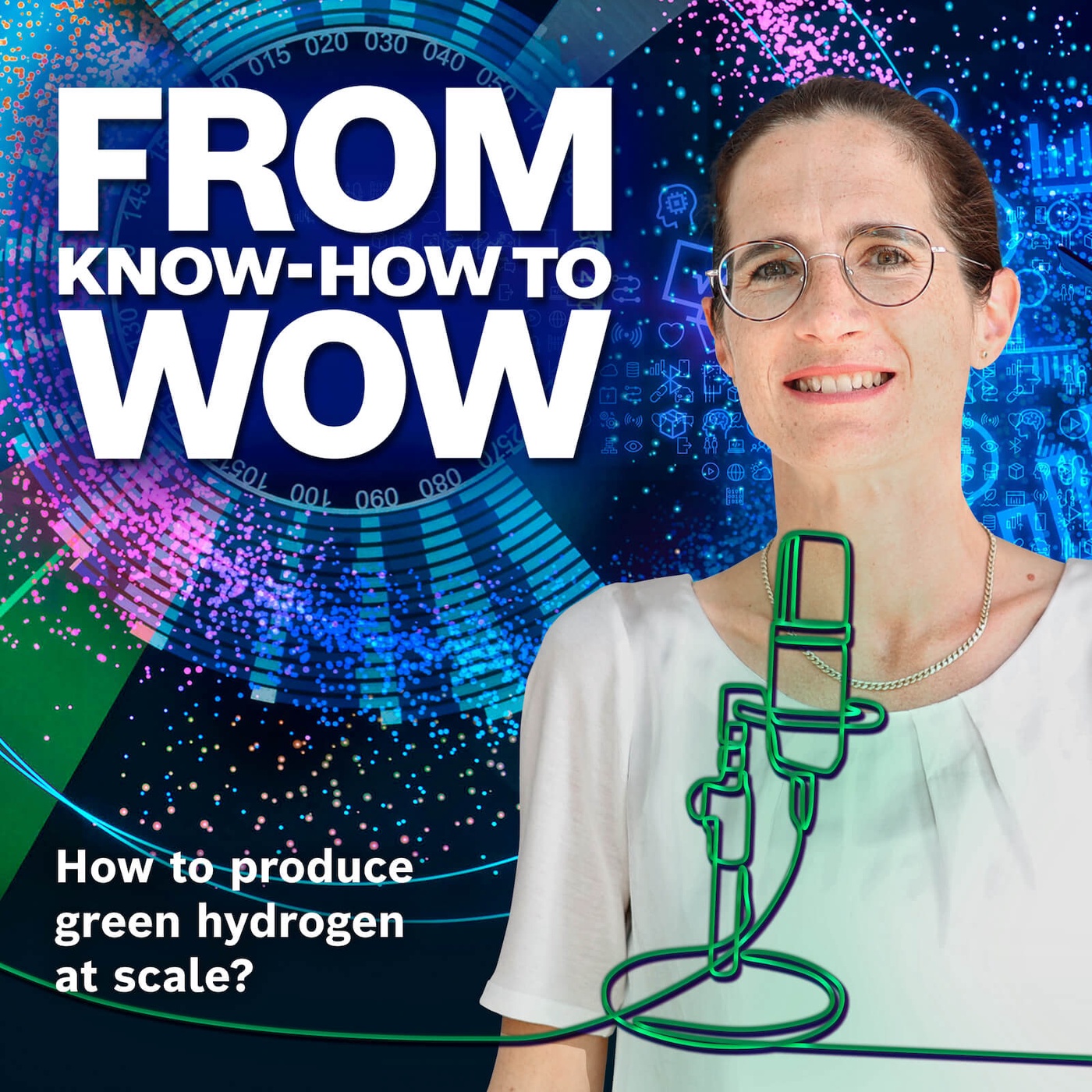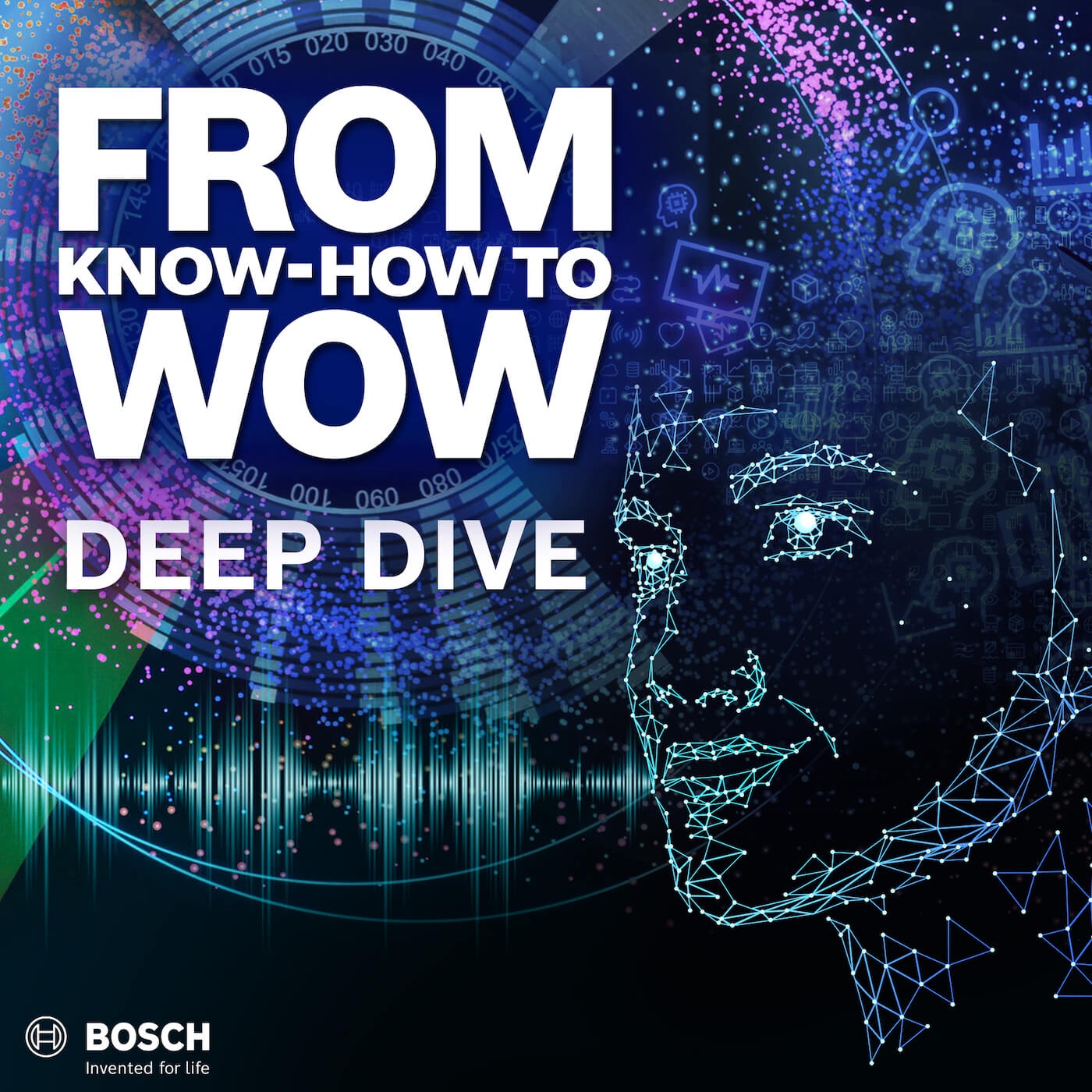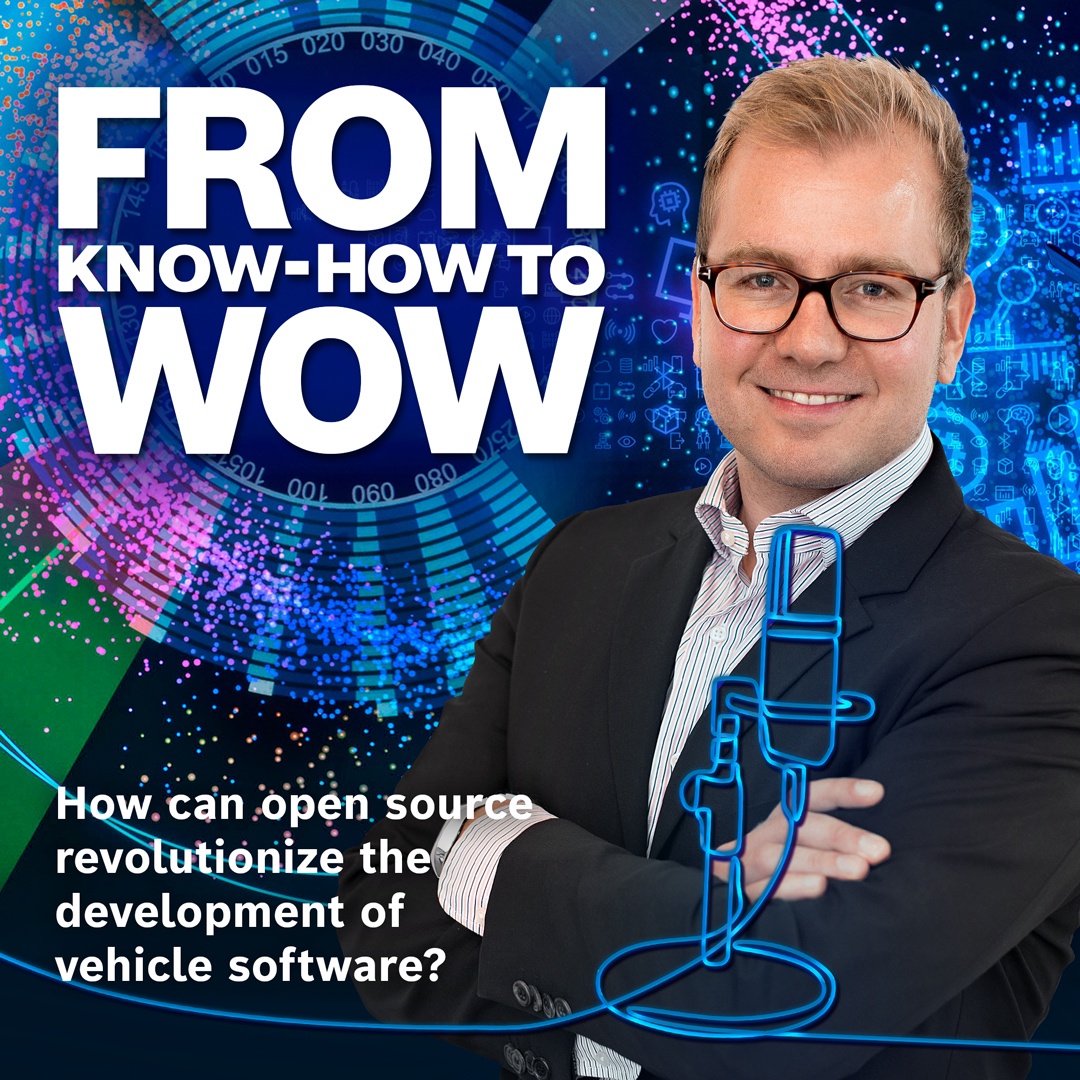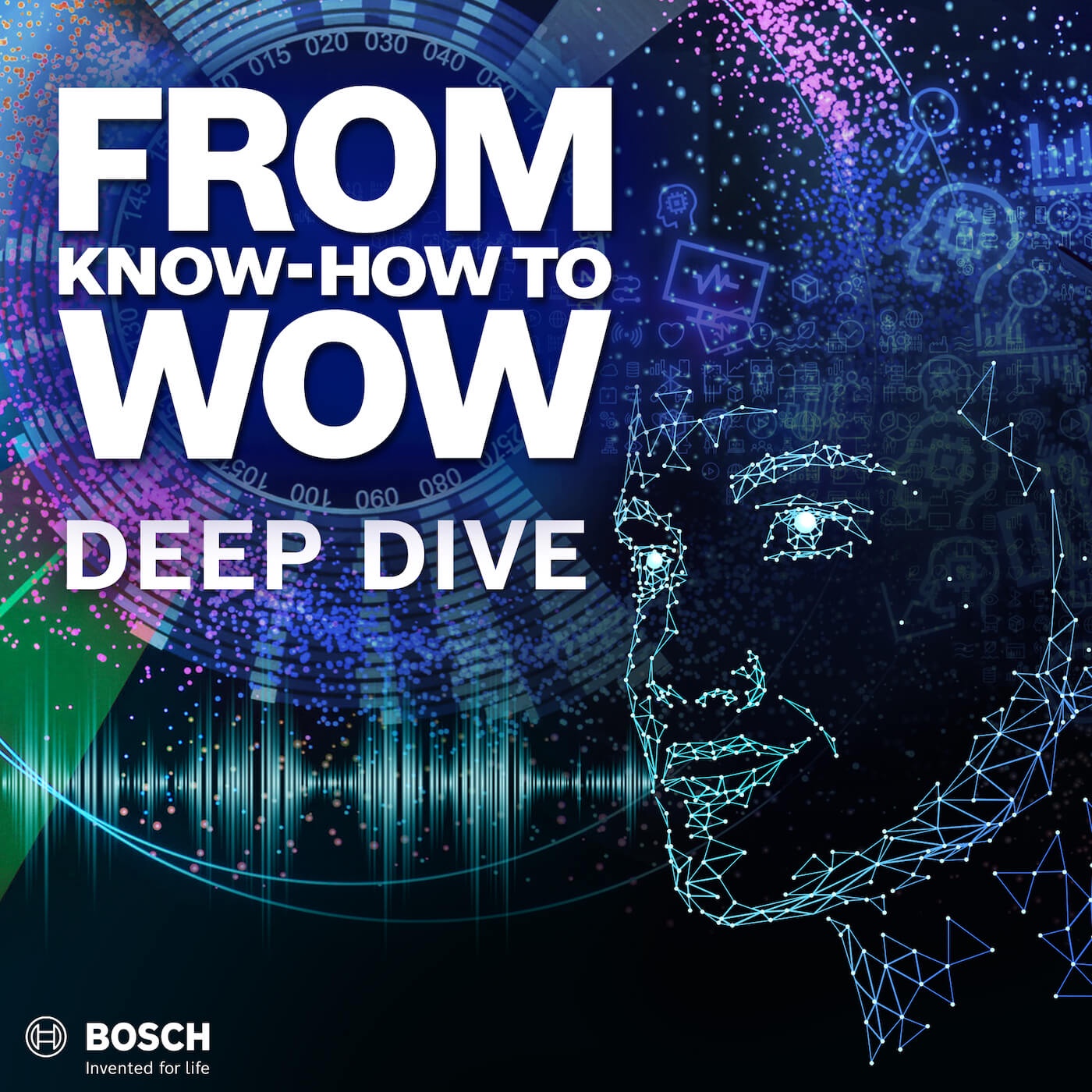
DEEP DIVE: LASER
Stirring a hot soup of molten metal with a beam of light - this kind of fascinating technology is part of Peter Stritt's daily routine. At Bosch Research, he uses a new generation of lasers - beam-shaping lasers - to invent new production processes. In this Deep Dive episode, he explains how laser beams are shaped, what different shapes can be used for, how AI helps his experiments, and, of course, how a laser can stir a weld pool.
More Bosch podcasts:
Beyond Bosch: https://podtail.com/de/podcast/beyond-bosch/

